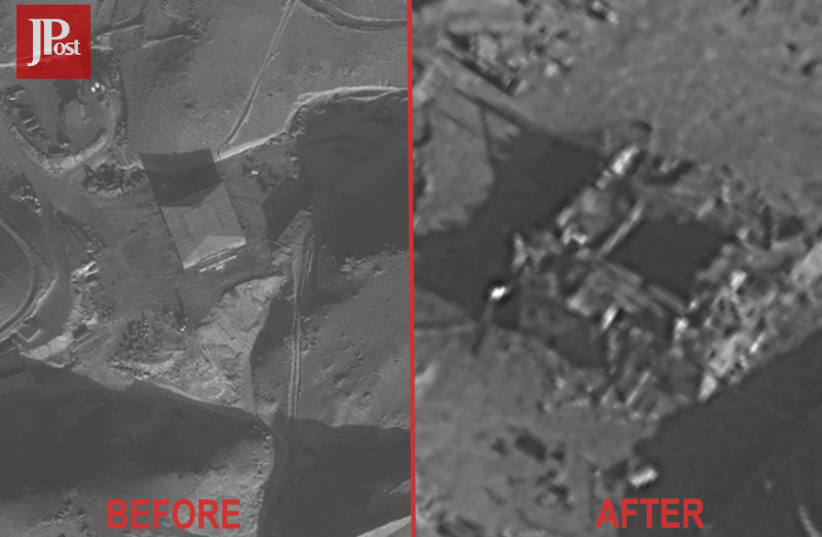Imagine a world in which Syria still had its nuclear reactor today
Olmert will go down in history as the 1st prime minister to go to jail: He was convicted of a crime and he paid the price. But we shouldn’t forget operations that he oversaw as the country's leader.
